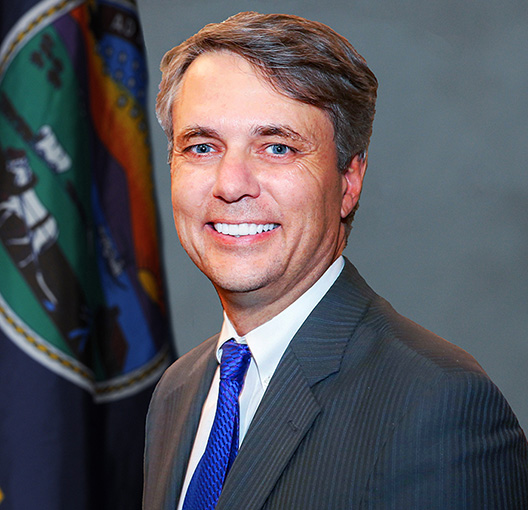
Office of the Governor
NASHVILLE – Kansas Lt. Gov. Jeff Colyer, M.D., addressed the National Lieutenant Governors Association annual conference in Nashville today to discuss Kansas’ Medicaid managed care program, KanCare, which has saved the state over a billion dollars in health-care costs while expanding coverage to an additional 65,000 Kansans.
“In 2011 when I took office, the growth rate of our Medicaid expenditures was not fiscally sustainable. Implementing KanCare allowed us to focus on Medicaid beneficiaries’ holistic needs, significantly improving care and treatment while curtailing costs,” said Dr. Colyer, who is originally from Hays. “Our cost-increase curve has been reduced to a sustainable level, health outcomes are improving, and we’re serving more Kansans.”
Dr. Colyer, a practicing physician and surgeon, spearheaded the effort to create KanCare, which launched in January of 2013, and is now in its fourth year. Unlike other states’ managed care programs, KanCare incorporates the provision of non-medical home and community-based services for the elderly and individuals with disabilities, as well as serving traditional Medicaid populations.
“We are now working on KanCare 2.0, the next phase of KanCare scheduled to go into effect in January of 2019. In addition to building on our current successes, we have initiated a process improvement working group to streamline processes and procedures for the KanCare managed care organizations (MCOs) and for our provider groups in order to standardize the way the KanCare network is structured,” he said. “We are listening carefully to the voices of stakeholders in our efforts to fine-tune KanCare and better serve the people of Kansas.”
Representative Dan Hawkins, chair of the Health and Human Services Committee, serves on the KanCare improvement working group. “KanCare has met one of its principal goals—that of controlling Medicaid costs by emphasizing health, prevention and early detection, while at the same time implementing lasting reforms that sustain improvements in the health and well-being outcomes for those on KanCare,” said Rep. Hawkins. “It has been a win-win for the State of Kansas, and other states would do well to look to KanCare for a model.”
While more work remains to be done, the working group has engaged partners and stakeholders to generate solutions, including surveying providers to determine training needs, developing a comprehensive training database; conducting ongoing reviews of prior authorizations, denial codes, and data metrics; streamlining the CARE assessment process for nursing home admissions; and creating a standardized process for grievances and appeals.
“We are making significant progress in these and other areas,” Dr. Colyer said. “I believe these new processes and procedures will better serve members of KanCare, our providers and our state.”
